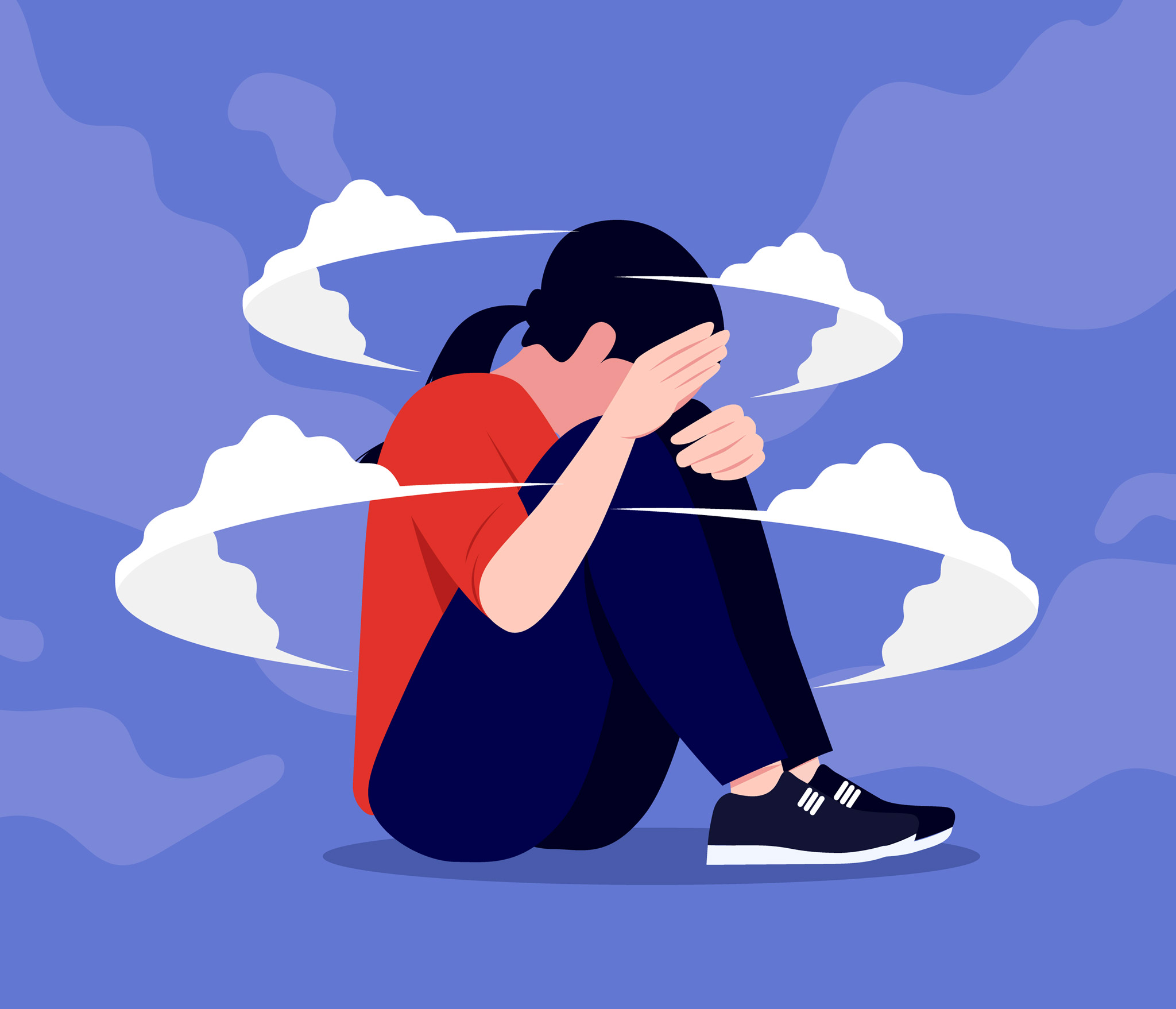Life comes with moments of both joy and deep sadness. Losing a loved one, going through a breakup, or facing a life-altering challenge can leave you emotionally shattered. But how do you know if you’re going through normal grief or slipping into clinical depression? That’s the question many people silently ask themselves — Depression vs Grief, what’s the real difference?
At Evolve Psychiatry, we’ve seen many people struggle to tell the two apart, and understanding this difference is key to healing the right way. Let’s break it down in a way that’s real, compassionate, and easy to relate to.
What Is Grief?
Grief is a natural emotional reaction to a loss. It’s not just about death — people grieve after divorce, job loss, a health diagnosis, or even a major life change. Grief hurts, sometimes deeply, but it’s a normal and expected process.
Grief comes in waves. One moment, you may be sobbing. The next, you may find yourself laughing at a memory. There’s often a back-and-forth nature to grief that includes:
-
Sadness and crying
-
Anger or guilt
-
Moments of peace or relief
-
A strong connection to the person or thing you lost
Grief doesn’t erase joy. You might still smile, enjoy a favorite show, or feel love from others. And over time, while the pain may never fully disappear, it tends to become more manageable.
What Is Depression?
Depression, on the other hand, is a mental health condition that affects your brain chemistry and functioning. It can be triggered by a loss, but it goes beyond the natural mourning process.
People with depression often feel:
-
Persistent sadness (not just in waves)
-
Loss of interest in things they once enjoyed
-
Hopelessness or emptiness
-
Low energy and sleep issues
-
Thoughts of worthlessness or suicide
Unlike grief, depression doesn’t always come from a clear cause. And the emotional numbness can feel more overwhelming than the sadness of grief. That’s why it’s important to recognize the signs — because depression can linger and worsen without help.
Depression vs Grief: Spotting the Difference
When looking at Depression vs Grief, the two can feel very similar — but they aren’t the same. One is an emotional response to loss, while the other is a medical condition that needs support and possibly treatment.
Let’s compare the two side by side:
| Aspect | Grief | Depression |
|---|---|---|
| Trigger | Loss or change | May have no specific trigger |
| Emotion | Sadness mixed with moments of peace | Persistent sadness or emptiness |
| Thoughts | Pain about the loss | Hopelessness, worthlessness |
| Duration | Comes in waves, improves over time | Ongoing and gets worse without help |
| Self-esteem | Generally intact | Often low or severely impacted |
| Functionality | Still able to connect with others | Withdrawal, disconnection from life |
| Suicidal thoughts | Rare, usually tied to missing someone | More common and linked to self-harm risk |
Understanding these distinctions can make a big difference in how you or someone you love seeks help.
When Grief Turns Into Depression
Sometimes, grief doesn’t ease with time. It may deepen, feel stuck, or even evolve into something more serious. This is called complicated grief or grief-related depression. You might notice:
-
Feeling stuck in despair after many months
-
Loss of purpose or meaning in life
-
Constant avoidance of reminders
-
Struggles with basic daily tasks
This is the moment to take action.
At Evolve Psychiatry, we believe in the power of early support. You don’t have to wait until things are “bad enough” to ask for help. If your sadness feels like it’s swallowing you whole — reach out. That first conversation could be the start of healing.
How to Support Someone Going Through Either
If someone you care about is grieving or showing signs of depression, here’s what you can do:
-
Listen without trying to fix – Let them speak freely.
-
Be present – Sometimes your company is more powerful than your words.
-
Encourage professional help – Especially if the sadness isn’t lifting.
-
Avoid comparisons – Everyone experiences loss and depression differently.
Sometimes, just saying, “I’m here for you, and I care,” is enough to make a person feel less alone.
Why It’s Okay to Ask for Help
Whether it’s depression or grief, you don’t have to carry the weight alone. Healing doesn’t mean forgetting, and getting help doesn’t make you weak. In fact, reaching out is one of the strongest things you can do.
At Evolve Psychiatry, we offer judgment-free, compassionate care. Whether you’re unsure about what you’re feeling or you’re ready to take the next step, we’re here to guide you through it. Let us help you make sense of the pain — and walk with you toward a brighter tomorrow.
Final Thoughts
The line between Depression vs Grief can sometimes blur. But one thing is clear: you deserve support. Grief is part of love, and depression is a condition that can be treated. The sooner you understand what you’re going through, the sooner healing begins.
Don’t wait to feel better someday. Take action today — with Evolve Psychiatry by your side, you can start to reclaim peace, purpose, and hope.
